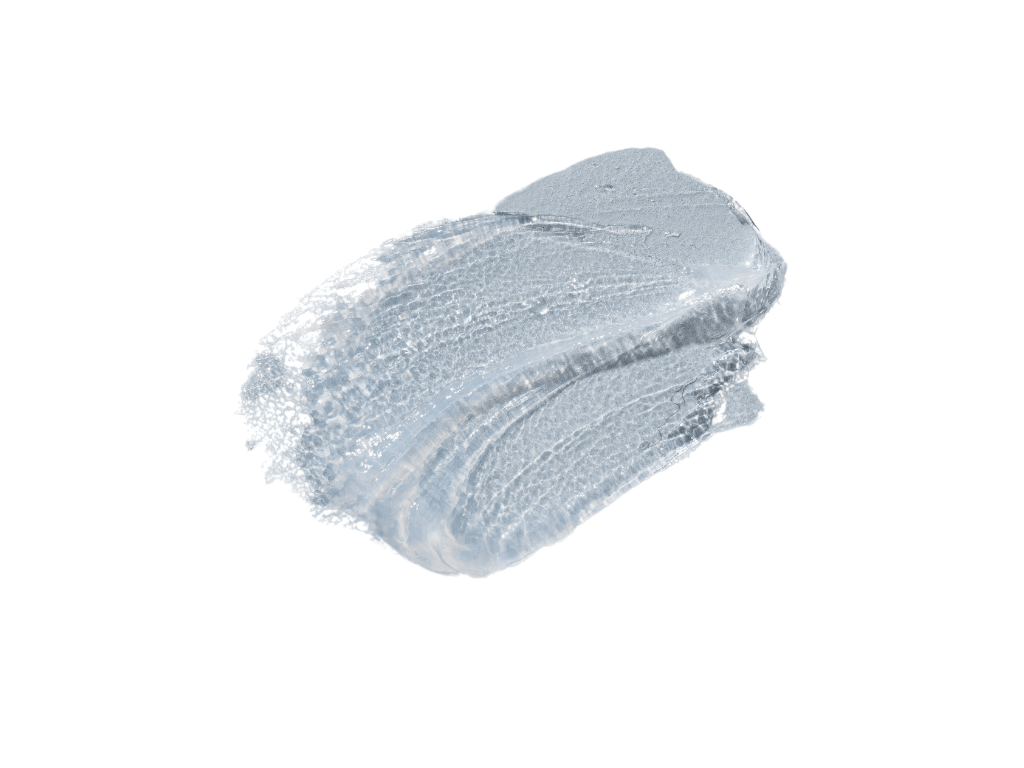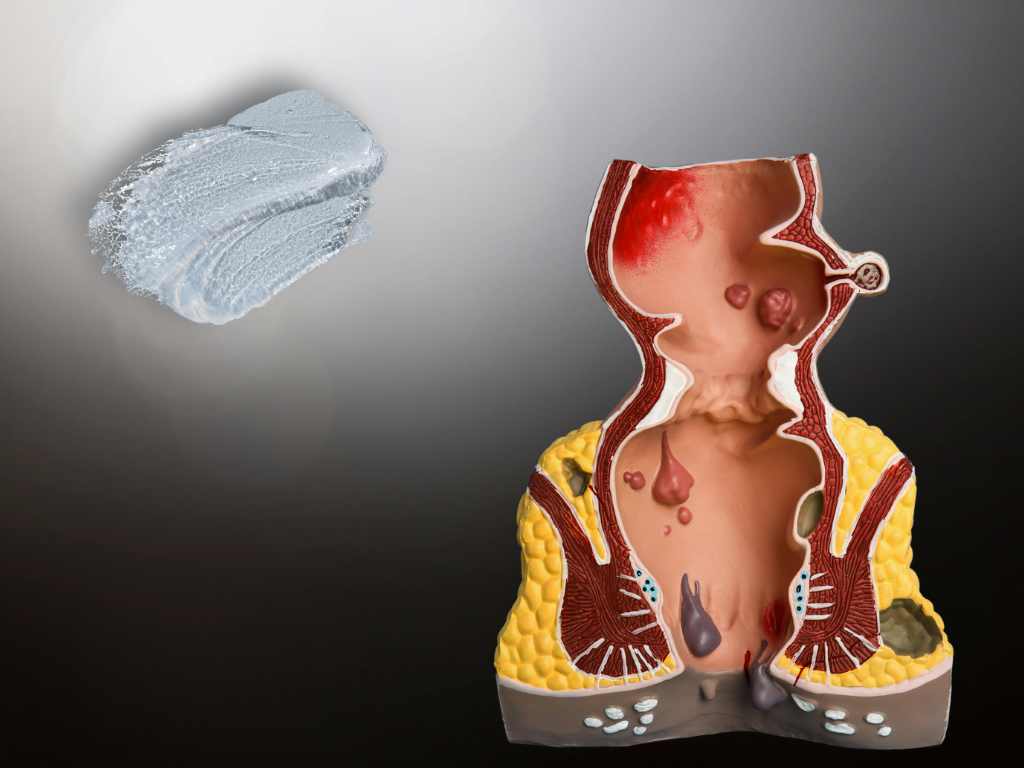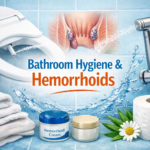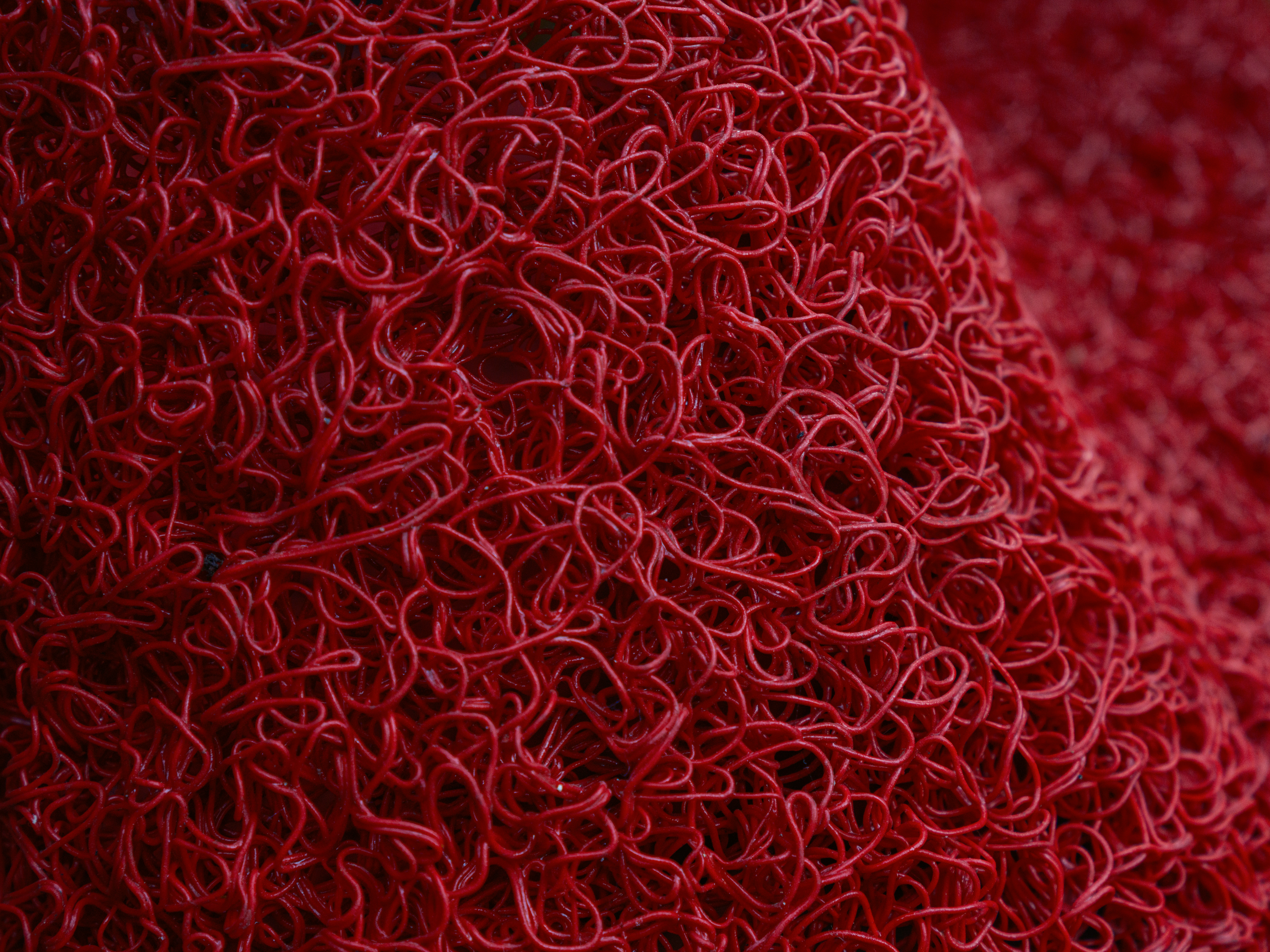Hemorrhoids can cause clear mucus discharge from the anus. You’ll notice a damp feeling around the area when this discharge leaves your body.
If you’ve had hemorrhoids in the past, you might have experienced this discharge. It is an inconvenient and bothersome issue that you can’t stop thinking about.
But mucus discharge doesn’t have to be a burden, as you can control the pain and leakage with a few points. Read on to learn more about how to spot this discharge, how to make changes to keep the discharge from being worse, and how to prevent future leakages from happening.
What Causes Mucus Discharge?
You’ll spot a clear mucus discharge from the anus after you develop hemorrhoids. Those hemorrhoids are inflamed veins around the anus and lower rectum. You might experience this issue if you have constipation or diarrhea or have put in excess effort when completing a bowel movement.
The discharge can occur for many reasons:
- Irritable bowel syndrome
- Inflammatory bowel disease
- Food poisoning from E. Coli, Entamoeba, or another infectious issue
- Anorectal abscesses
- Yeast infections
- Some sexually transmitted diseases like HPV, gonorrhea, and chlamydia may trigger discharges
Anal or colorectal cancer patients are also more likely to experience persistent discharges. These issues would be more frequent and severe than usual.
But where does this mucus come from? Clear mucus is a component naturally produced within your bowels. The mucus keeps the stool moist to ensure it can move through the bowels, plus it keeps the colon walls moist enough to support these movements.
A lack of mucus will cause your bowel to become painful and hard to produce. The bowel might scrape along your body’s intestinal walls and trigger intense pain and hemorrhoids.
Hemorrhoids can cause the mucus to leave the bowel and exit your body through the anus, keeping your bowels from being as well-lubricated as they should be. The inflammation will trigger an opening in the bowels that will cause the anus to leak mucus.
What Does Hemorrhoid Mucus Discharge Look Like?
The mucus that leaks from your anus will be clear in appearance. It will be slightly thicker than water and have a jelly-like feel.

While the mucus is clear in most situations, it may also include colors. There are many reasons why your mucus might be colored:
- White or yellow – There may be an infection in the area.
- Red – The hemorrhoids might trigger bleeding in the region.
- Darker tones – Your stool might start leaking from your bowel. This problem is more likely among people who developed hemorrhoids after muscles around the anus and lower rectum experienced damage.
You might also notice a moist feeling outside your anus if you have a mucus discharge. Some staining may also occur on your underwear due to the mucus leaking onto it. The mucus can appear even if you haven’t had a bowel movement.
You might also notice these issues when dealing with mucus discharge:
- Itching around the anus
- Constipation
- Intense pain around the anus
- Fever or chills
What Does Hemorrhoid Mucus Discharge Smell Like?
You might notice one of many scents when you experience a hemorrhoid mucus leakage:
- Fish-like scent – The most common scent of hemorrhoid mucus is a fish-like feeling. The mucus will smell like uncooked fish at this point.
- Other food scents – Hemorrhoids triggered by an infection might smell like rotten food. The infection could have come from food poisoning or another common concern.
- Fecal matter – Mucus that smells like fecal matter is a sign your anus is not clean enough.
How Can You Stop Hemorrhoid Mucus Discharge?
Hemorrhoid mucus discharge can be frustrating, but you can keep it in check by doing a few things:
- Apply a hydrocortisone suppository to the anal area. This rectally-administered treatment can reduce inflammation in the area.
- Soak the area in warm water to relax the blood vessels and reduce the intensity of the hemorrhoids.
- Adjust your diet to include more whole grains, vegetables, and other high-fiber foods. Fiber is necessary for building healthier stools that are easier to pass.
- Anti-inflammatory medications can also work, but be sure you take them only as directed.
You should see relief in a few days with less leakage and pain if you apply these treatments often. But any situation where your hemorrhoids aren’t improving could be a sign of a more serious concern.
You’ll need to contact a doctor if you don’t notice any positive changes to your leakage or hemorrhoids in a week, or the condition worsens. Your doctor can perform a blood test or stool culture to see if there are any existing concerns with your stool. A colonoscopy and CT scan may also be necessary to identify anything unusual.
You can also do a few things to prevent future discharges or keep existing ones from being a threat:
- Avoid using excess pressure or stress when producing future bowel movements.
- Avoid spending more time on the toilet than necessary. People who spend more time there are more likely to experience hemorrhoids.
- Consume more fiber in your daily diet. Supplementation can also help, but the goal is to have enough fiber to keep your bowels healthy.
- Drink more water during the day to keep your body lubricated. It’s easier to pass stools when you consume enough water each day.
- Use proper measures when lifting heavy items. Bend your knees before trying to lift a heavy object, and use your knees to propel your body upward. Proper lifting is necessary for keeping the muscles around the abdomen and others surrounding the anal region from wearing or straining.
Conclusion
The pain and frustration that comes from hemorrhoid discharges can be annoying, and you surely know how it feels if you’ve experienced it before. You can keep the pain and leakage under control as necessary, but be sure to review how well your mucus looks to confirm there isn’t anything serious. Hemorrhoids can cause clear mucus discharge from the anus, but it is easy to control.







